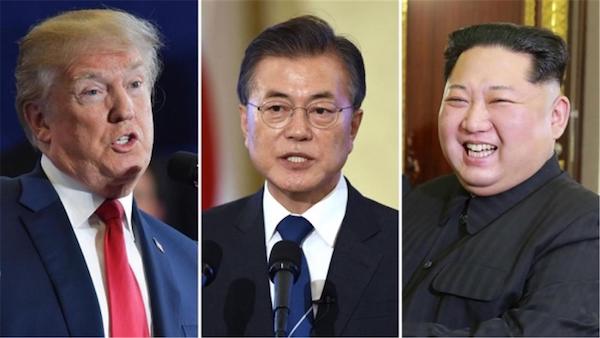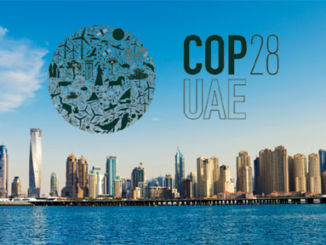

“A lobbyist is an activist who seeks to persuade government members to enact legislation that would benefit their group. It is inextricably linked to the democratic political process. But equally true is that such petitioners are associated with bribery and looked down upon for endeavoring to influence decisions through wheeling and dealing and wining and dining”, says the author.
When the Prime Minister of India, the largest democracy in the world, met the President of the USA, the second largest democracy (in terms of population), last week, he got a red carpet welcome and the privilege to hobnob in the White House precincts. Among the other perks that come with the territory, Mr. Modi got to stay in the iconic Willard InterContinental Hotel that is located at a stone’s throw from the presidential mansion in Washington DC. He joined legends who have stayed in this luxurious property and contributed to the historic value of the 200-year-old hotel.
Due to its ideal location, the hotel has been the center of the US’ social and political scene. And, Willard loves to prop up the fascinating folklore attached with its celebrated guests. It is famously said that Martin Luther King Jr gave the finishing touches to his famous “I have a dream” speech here. Another tidbit: that Abraham Lincoln walked in its corridors before his inauguration.
Then, due to the goings-on in the hotel because of its strategic location, Willard has also had a role in the legitimization of a word – lobby, as in ‘seek to influence (a legislator) on an issue.’
Though lexicologists trace the term lobby to the British Parliament, the hotel has been fanning the myth related to its foyer. Most likely, the hotel’s saga helped reinforce and push the word into gaining acceptance worldwide. So, how is the Willard’s lobby related to the term lobbying?
The story originated during the presidency of Ulysses S Grant (1869-1877). President Grant enjoyed his drink and cigar while relaxing in the hotel lobby. And not-so fortuitously, folks fancying favors, flocked the foyer for a favorable influence on his decision-making. Thus, it came to be said and was even reported in newspapers that President Grant had coined the term by referring to the petitioners as “those damn lobbyists.”
Of course, now lobbying has evolved into an art that does not necessarily take place in a lobby. A lobbyist is an activist who seeks to persuade government members to enact legislation that would benefit their group. It is inextricably linked to the democratic political process. But equally true is that such petitioners are associated with bribery and looked down upon for endeavoring to influence decisions through wheeling and dealing and wining and dining. Wheeling and dealing is an attempt to make a deal or get an advantage by using complicated and sometimes unfair or dishonest means. And, to wine and dine someone is to entertain someone to a lavish meal and fine wines, usually with an ulterior motive.
In this context, I must confess that as a journalist, I have partaken of meals that often exude of a flavor of lobbying. I guess it’s a job hazard that a good professional would know how to deal with objectively.
Interestingly, the ‘Washington Post’, quoting a Gallup poll, has reported that the occupation most despised in the USA is lobbying. While lawyer jokes are legion and salesmen are lampooned routinely, lobbyists are so despicably low on ethics that they don’t even merit ridicule. The practitioners move around with such fancy titles as ‘government relations officer’.
No surprise that the Willard has, of late, been choosing to distance itself from the myth related to the coining of the term lobby.
In India, a public relations firm came for flak and ultimately winded up following the leak of its notorious ‘Nira Radia tapes’. But it is Dhirubhai Ambani who is synonymous with mastering the knack of corporate lobbying. His dealings in the corridors of powerful authorities during the rise of the Reliance group reveal wheels within wheels (hidden or unknown things that influence a particular situation, making it more complicated than it seems at first).
It seems that the warp and woof (the foundation of any structure or organization) of Ambani’s journey from a schoolteacher’s son to a giant tycoon is cemented by lobbying, along with competence, hard work, management skills and foresight. The phrase warp and woof comes from weaving, in which the warp — the threads that run lengthwise — and the woof — the threads that run across — make up the fabric.
I got a peep into Ambani’s fascinating and, at times, dark style of functioning on one of my trips abroad as I laid hands on his unauthorized biography ‘The Polyester Prince: The Rise of Dhirubhai Ambani’ by Hamish McDonald. The book is banned in India.
The book sums up human interactions thus: “Nobody is a permanent friend, nobody is a permanent enemy. Everybody has his own self-interest. Once you recognize that, everybody will be better off.” And, lobbying is justified by quoting Ambani himself thus: “You should not do anything illegal. First of all, the law should be changed.” So, he did exactly what he preached with prowess: by establishing connections with lawmakers.
(The author can be reached at hkhetal@gmail.com)





Be the first to comment